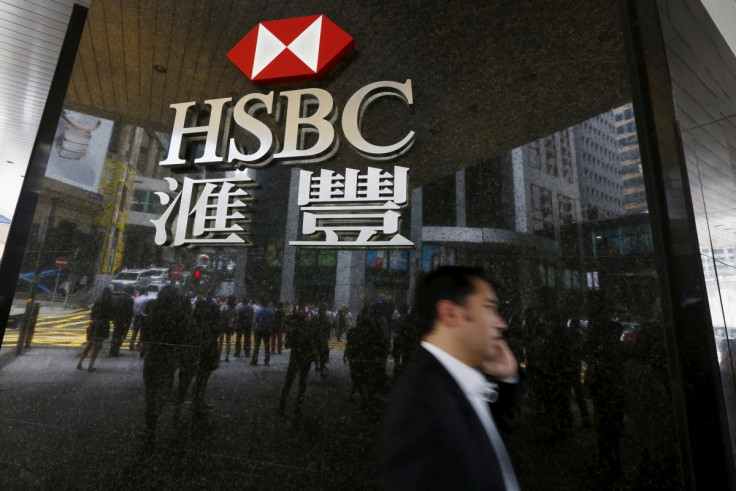Panama Papers: HSBC and Credit Suisse deny allegations in Mossack Fonseca leaks

HSBC and Credit Suisse have dismissed allegations they actively sought to use offshore structures to offer some of their clients the chance to avoid paying taxes.
The firms, two of the biggest wealth managers in the world, made their position clear a day after the Panama Papers report. The private documents, leaked from Panama-based law firm Mossack Fonseca and revealing the financial arrangements of a number of high profile politicians, were published by over 100 media organisations across the world.
Some 11.5 million documents and 2.6TB of information are understood to have been leaked, making the so-called Panama Papers one of the biggest leaks of information in history, larger than the US diplomatic cables released by WikiLeaks in 2010 and the secret intelligence documents disclosed by Edward Snowden in 2013.
According to the investigation carried out by the International Consortium of Investigative Journalists (ICIJ), both HSBC and Credit Suisse were named among the lenders that set up offshore accounts for their clients to make tracking the flow of money from one country to another particularly difficult.
However, both banks firmly denied any allegations of wrongdoing, with HSBC claiming the leaked documents covered a period of time before its business model underwent a thorough change.
"The allegations are historical, in some cases dating back 20 years, predating our significant, well-publicized reforms implemented over the last few years," said Gareth Hewett, a Hong Kong-based spokesman for HSBC.
At the same time, Credit Suisse's chief executive Tidjane Thiam, who is looking to expand the lender's share of the wealthy Asian market, insisted the Swiss bank only dealt in lawful assets.
"We as a company, as a bank only encourage the use of structures when there is a legitimate economic purpose," Thiam told a media briefing on Tuesday (5 April). "We do not condone structures for tax avoidance. Whenever there is a structure with a third party beneficiary we insist to know the identity of that beneficiary."
In May 2014, Credit Suisse agreed to pay a $2.5bn (£1.75bn, €2.19bn) fine in the United States after being found guilty of helping wealthy American citizens avoid taxes. A host of Switzerland-based wealth management companies, including the country's biggest bank, UBS, were also found guilty of the same infringement and faced hefty fines.
HSBC, meanwhile, paid a fine worth $1.92bn in 2012, after admitting it had allowed itself to be used for laundering drug money coming out of Mexico.
© Copyright IBTimes 2025. All rights reserved.






















